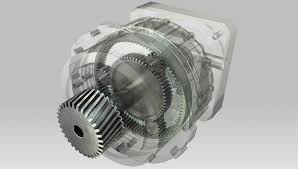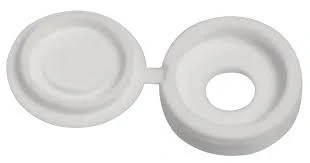Mobile:+86-311-808-126-83
Email:info@ydcastings.com
Water pump shell, worm case
Navigating the complex world of pump technology requires an understanding of the critical components that ensure efficient operation and optimal performance, with the pump impeller standing out as a pivotal element. The impeller's design, material, and functionality significantly influence the overall effectiveness of the pump, making it an area of focus for engineers, manufacturers, and professionals within the fluid management industries.

Experience has shown that selecting the right impeller requires a comprehensive analysis of the pump's intended application. Impellers are essentially rotors used to increase the velocity and pressure of a fluid. They come in various designs such as open, semi-open, and closed configurations, each with distinct advantages. For instance, closed impellers are renowned for providing enhanced efficiency and are commonly used in applications where the fluid is clear and free from suspended particles. On the other hand, semi-open and open impellers are preferred when dealing with viscous liquids or those containing solids, where clog-free performance is necessary.
Expertise in material science is crucial when it comes to determining the impeller's composition. Common materials include stainless steel, bronze, and thermoplastics, each chosen based on the fluid's chemical properties and the pump's operating conditions. Stainless steel impellers, for example, offer superior corrosion resistance and are favored in chemical processing industries. Conversely, bronze impellers are often utilized in marine environments due to their ability to withstand saline corrosion.

Authoritativeness within this domain is achieved through a combination of rigorous testing and adherence to industry standards. Engineers and designers collaborate extensively to refine impeller designs, employing computational fluid dynamics (CFD) simulations and real-world testing to optimize shape and curvature for maximum hydraulic efficiency. Renowned industry standards, such as those established by the Hydraulic Institute, provide critical benchmarks ensuring that impellers meet safety and performance criteria, thereby bolstering the manufacturer's reputation and product trustworthiness.
Trustworthiness extends beyond design and material considerations, encompassing the implementation of regular maintenance protocols. Experienced professionals emphasize the importance of routine inspection and cleaning to maintain the impeller's efficiency and prevent premature wear. Conditions such as cavitation—notorious for causing impeller damage—highlight the need for precise pump sizing and operational controls.
In conclusion, the significance of the pump impeller cannot be overstated. It is the heart of any pumping system, and its selection, design, and maintenance are central to achieving reliable, efficient, and long-lasting pump performance. As the industry continues to evolve, staying abreast of advancements in impeller technology will be essential for professionals seeking to enhance the efficacy and reliability of their fluid management solutions.
-
Why Should You Invest in Superior Pump Castings for Your Equipment?NewsJun.09,2025
-
Unlock Performance Potential with Stainless Impellers and Aluminum End CapsNewsJun.09,2025
-
Revolutionize Your Machinery with Superior Cast Iron and Aluminum ComponentsNewsJun.09,2025
-
Revolutionize Fluid Dynamics with Premium Pump ComponentsNewsJun.09,2025
-
Optimizing Industrial Systems with Essential Valve ComponentsNewsJun.09,2025
-
Elevate Grid Efficiency with High-Precision Power CastingsNewsJun.09,2025











